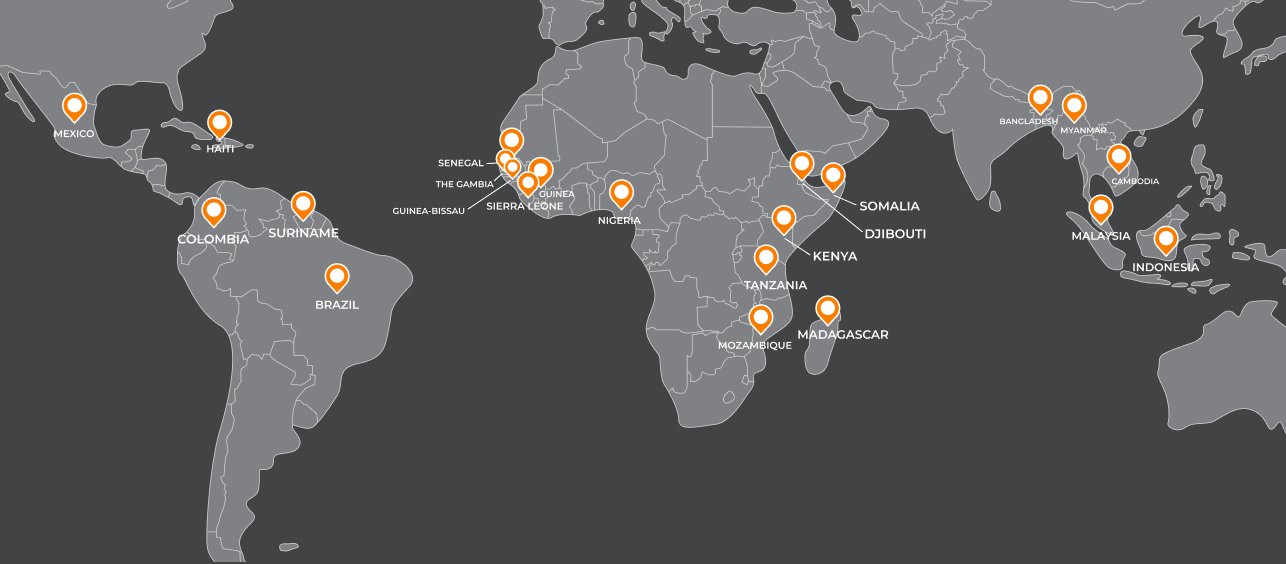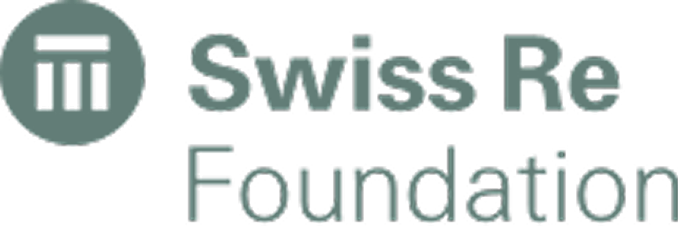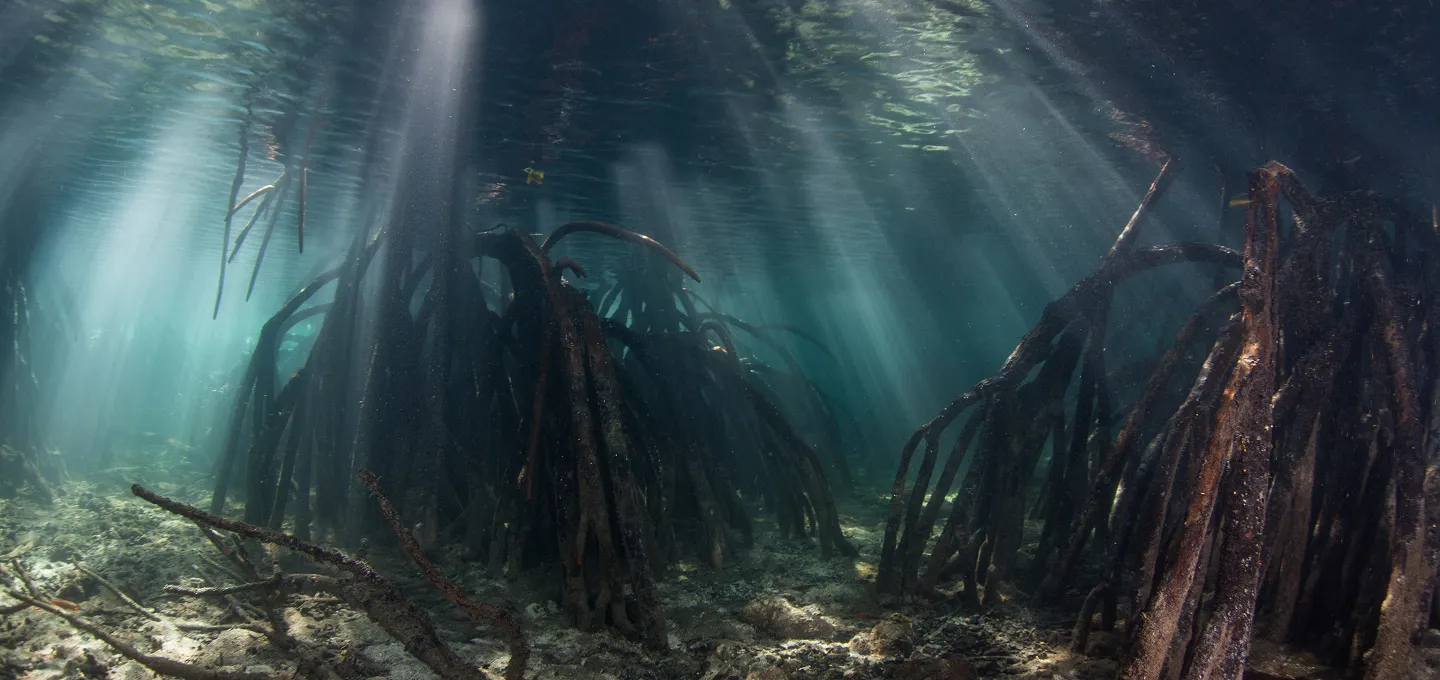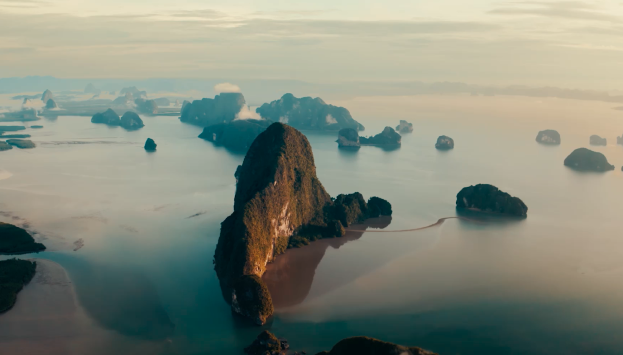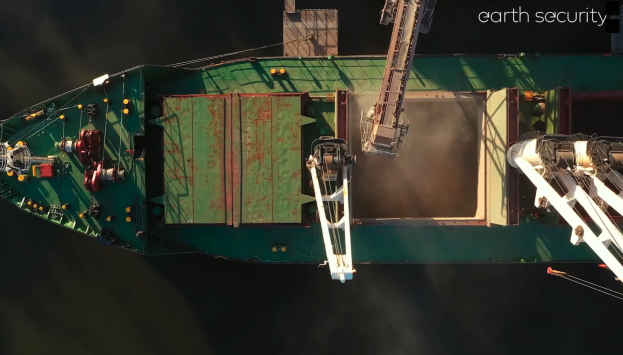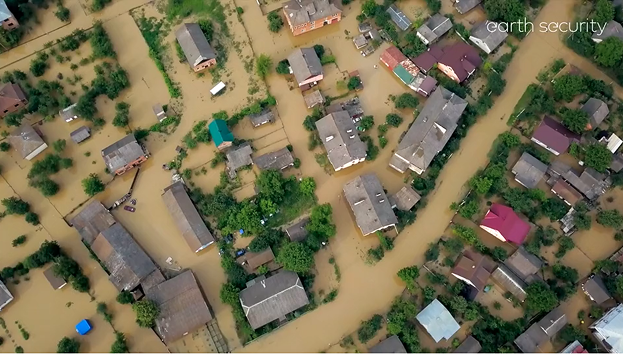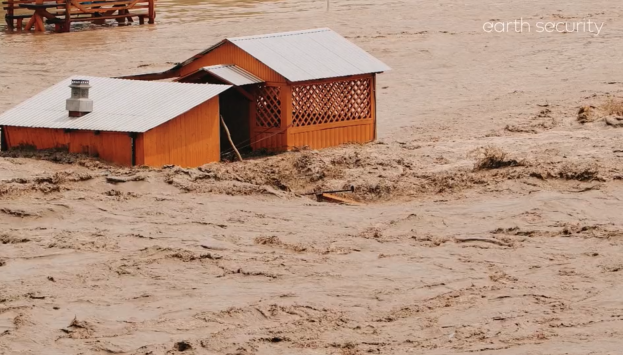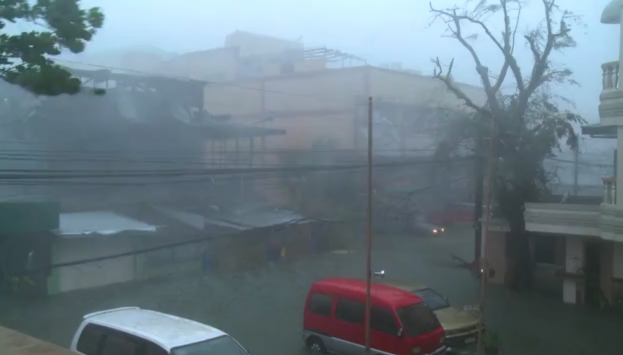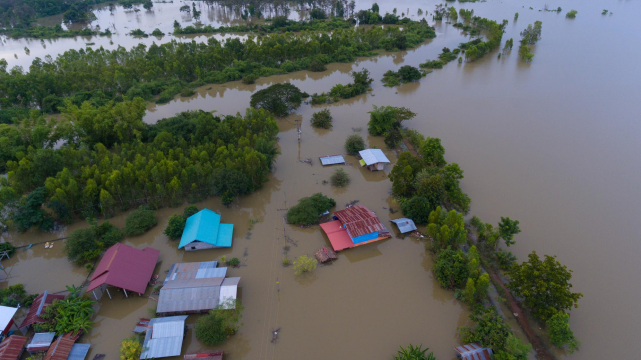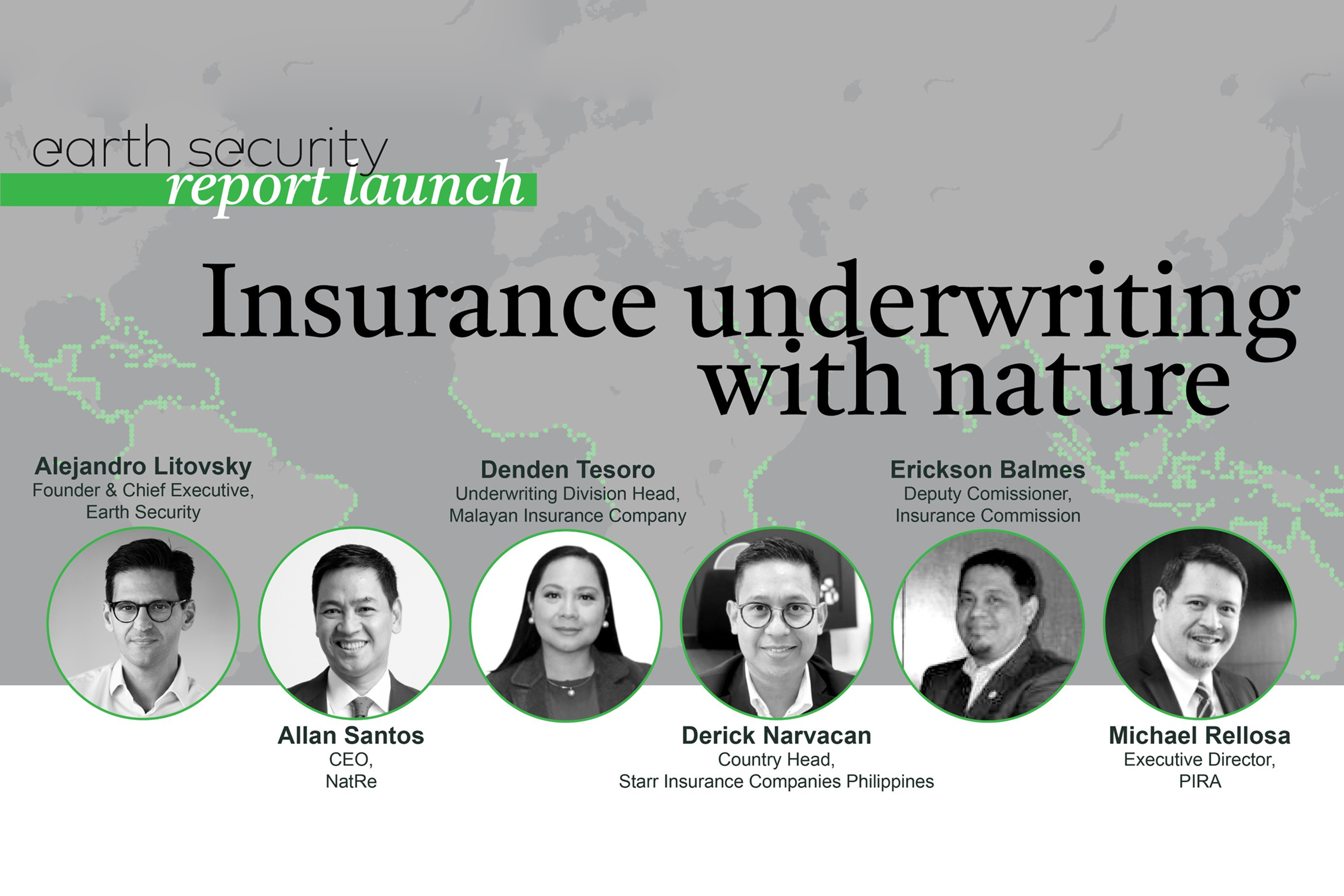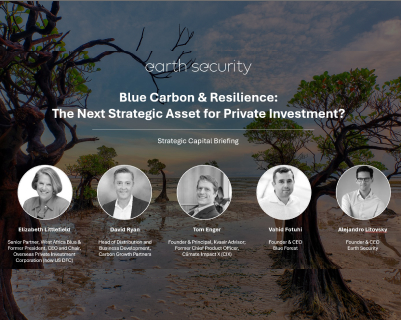London, 4th February 2015: "2015 is a critical year for sustainable development" Professor Jeffrey Sachs was categorical in his opening remarks at the launch of the Earth Security Index 2015 published by the Earth Security and hosted by Willis Group.

"This is a tremendously innovative approach that puts complex interconnected sustainability risks centrally and strategically on the global business and diplomacy table. This has not been done before so systematically."
As Director of the Earth Institute at Columbia University and Director of the United Nations' Sustainable Development Solutions Network, Prof Sachs said the report's insight and dashboard will play a key role in informing international efforts to agree the UN's Sustainable Development Goals in September. He said the new Earth Security Index "takes a look beneath the surface and finds that all is not well." and promised to share the report widely with UN senior decision-makers and partners.
Welcoming the launch, Rowan Douglas, CEO of Willis Capital, Science & Policy Practice, said insurance was becoming "a combat sport" and the sector needed to remain well capitalised and fully understand its exposure to Mother Nature. He supported the report's emphasis on the financial and regulatory priorities needed to address the risks identified in the Earth Security Index. He said, "The report goes beyond economics. Doing it through an informational gearbox that business can consume and figure out how to plug into."
Author of the new report and CEO of the Earth Security, Alejandro Litovsky, explained how growth and development in emerging markets - Brazil, Russia, India, China, Mexico, Indonesia, Nigeria, and Turkey - were facing complex and inter-connected sustainability challenges from water scarcity, weather exposure, and land tenure disputes. He explained how country pressures - represented by 24 key 'dimensions' in the new report's dashboard measurements - would trigger far-reaching international risks and instability without cross-border intervention. Such risks were often overlooked by analysts and investors focussed on market volatility and the symptoms of global disruption, rather than the root causes, he said. The complexity of these 21st-century risks and the potential rise of liabilities against companies are targeted in the 2015 report with specific improvements needed in corporate intelligence, risk management, business innovation and diplomacy. He said companies urgently needed to move beyond CSR-led ambitions for 'shared value', towards a 21st-century culture of 'shared equity' where investment, returns and joint ventures were more strategically designed to maximise prosperity across global value chains.
For Gerry Manley, Global Head of Sugar and Cocoa at Olam International many resilience strategies did not have to be over-complicated, "Africa should be growing its own food - not importing it", he said. Public-private partnerships will be key to delivering greater resource resilience. He acknowledged the much larger social role companies now played in a complex environment. It was important that all Olam's stakeholders not only held a common understanding of the complexities involved in the production "on the ground" but shared common responsibilities to protect production zones. However, he emphasised that the challenges are bigger than what any one company can do on its own, and said industry-wide efforts like Cocoa Action were instrumental in establishing a common dialogue with policy-makers, raising procurement standards and setting sustainability benchmarks for the global industry.
Katherine Tweedie, Executive Director, Investec Investment Institute, said the report was of real value to institutional investors, as she sees a growing trend of investors demanding greater attention at how and where their capital is invested in terms of sustainability. She summarised the usefulness of the new Earth Security Index as providing investors with a way to navigate complexity, prioritise areas of collaboration and anticipate the broader consequences of investments. She said corporate leadership from the global finance sector was vital for resource resilience efforts: "We will only make sustainability work if we have the financing behind it". She said, institutional investors must focus on long-term opportunities and this needs a corporate culture that "starts at the top, in the executive team".
Johan Gély, Head of Global Programme Water Initiatives, Swiss Agency of Development and Cooperation (SDC),noted that by 2050, 45 per cent of global GDP will be in water-stressed regions of the world. Complex geopolitical sensitivities related to water management and security were central to understanding and addressing emerging market resource risks, he said. He warned that the impact of regional water-related pressures extended far beyond water concerns, involving food, energy and infrastructure investments. Cross-border approaches to water pollution and scarcity are essential as local water is embedded in everyday products shipped around the world. SDC is investing $200m in improving water resources and playing a key role in advocating new UN sustainable development targets for "safe water" not just "water facility".
Tallat Hussain, Senior Environmental Counsel, Energy Infrastructure Project & Asset Finance Group, White & Case LLP said positive progress had been made over the last 10 years in facilitating financing for sustainable global infrastructure investments. Greater numbers of export credit agencies like South Korea's KEXIM were now signed up to a broadened set of principles on environmental and social sustainability in project finance, and she viewed strategic alignment between policy and finance as one of the big improvements of the last decade. She says the growing drive to boost infrastructure investments in developing countries as an opportunity to accelerate a sustainability agenda.
The launch of the 2015 Earth Security Index will now be followed by a series of high-level regional workshops in markets featured in the report, including South East Asia, South America and Africa.
Explore the reports
The Earth Security Index Reports provided in-depth analysis of critical themes across selected industries and market geographies, enabling investors to anticipate and respond to emerging global dynamics. Download and explore the full Earth Security Index reports:






